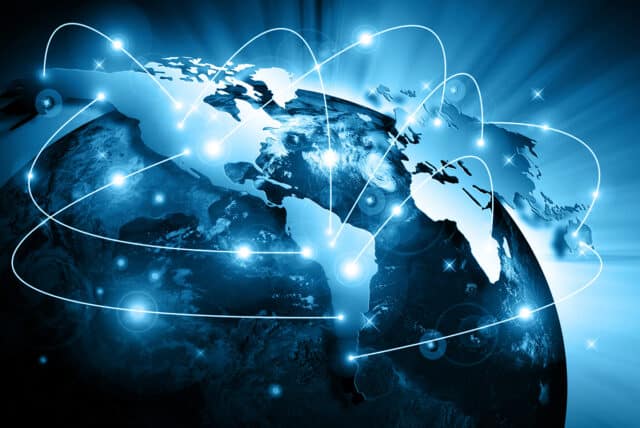A third of the global population still doesn't have access to the internet

Although most of us take access to the internet for granted and get annoyed and frustrated when we can't get online, there is still a sizeable number of people on the planet who aren't connected, and never have been.
According to the latest data from ITU, the UN tech agency, the global number of individuals without internet access currently stands at 2.6 billion.
That figure was 2.7 billion last year, so it does mean more people are online now than before (roughly 67 percent or 5.4 billion people), but 33 percent of the global population remained unconnected in 2023.
ITU Secretary-General Doreen Bogdan-Martin expressed satisfaction with the trend, saying, "This improvement in connectivity is another step in the right direction, and one more step towards leaving no one behind in support of the UN Sustainable Development Goals. We won’t rest until we live in a world where meaningful connectivity is a lived reality for everyone, everywhere."
The strongest growth in internet connectivity has been observed in low-income countries, where internet users increased by approximately 17 percent over the past year. However, in these countries, less than a third of individuals have internet access.
"We must not forget that behind this data are people who are not able to access the Internet and enjoy the life-changing benefits that it can bring in the era of digital transformation," said Cosmas Luckyson Zavazava, Director of ITU’s Telecommunication Development Bureau. "These numbers highlight the importance of measuring and tracking data so that we know where to focus our efforts to meaningfully connect everyone to the Internet by 2030. With these developments, we must also focus on building digital skills for all to equip users with the necessary skills that may help unlock value and have a rewarding safe experience online."
Despite the progress, current trends suggest that the goal of "universal and meaningful connectivity" may not be met by 2030. Achieving this objective requires addressing infrastructure, affordability, and skills. The internet is crucial for accessing information, job opportunities, and education.
As technologies such as artificial intelligence become more widespread, the risk of those without meaningful internet access being left behind increases.
Later this year, ITU will release its annual flagship Facts and Figures report, detailing global, regional, and country-level analysis for key connectivity indicators.
Image credit: stori/depositphotos.com
